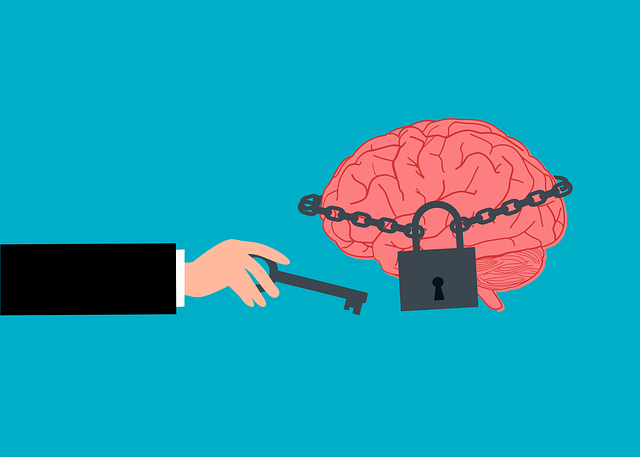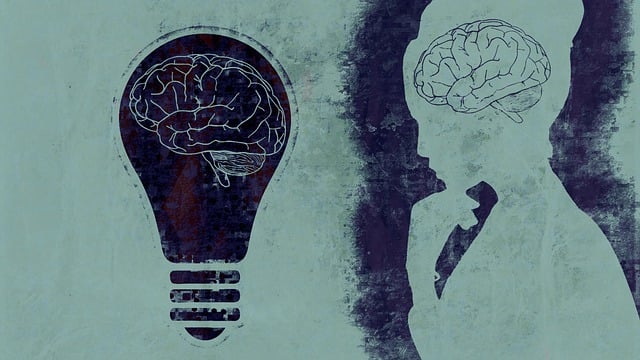Louisville child abuse therapy prioritizes emotion regulation as a powerful tool for enhancing children's well-being and recovery. By teaching mindfulness, cognitive behavioral techniques (CBT), and healthy coping mechanisms tailored to individual needs, therapists empower kids to manage emotions, build resilience, and improve mental health outcomes. This holistic approach, emphasizing open communication, consistent support, and evidence-based practices, is crucial for trauma survivors, fostering emotional intelligence and a sense of safety on their healing journey.
Emotion regulation is a vital skill, especially for children who have experienced trauma, such as those in Louisville child abuse therapy. This article delves into the significance of teaching emotion management techniques and offers practical strategies for therapists. We explore effective methods to help young minds navigate and understand their emotions, promoting healing and healthy development. Through practical tips and an emphasis on sustained change, we aim to empower children and therapists alike in the context of Louisville child abuse therapy.
- Understanding Emotion Regulation and Its Significance in Louisville Child Abuse Therapy
- Practical Techniques to Teach Children Effective Emotion Management
- Implementation and Support for Sustained Change in Young Minds
Understanding Emotion Regulation and Its Significance in Louisville Child Abuse Therapy

Emotion regulation is a vital skill to teach children, especially those who have experienced Louisville child abuse therapy. It involves understanding and managing one’s emotions effectively, which can significantly impact their overall well-being and recovery process. In the context of Louisville child abuse therapy, teaching emotion regulation techniques empowers children to cope with trauma-related feelings and prevent potential burnout. Burnout prevention is a critical aspect of mental wellness, ensuring that children can navigate their emotional landscape without feeling overwhelmed.
By integrating these skills into therapy sessions, professionals in Louisville child abuse therapy can help children develop emotional intelligence—the ability to recognize, understand, and manage emotions. This process involves teaching them to identify triggers, recognize early signs of distress, and employ healthy coping mechanisms. Over time, these techniques enable children to become more resilient, fostering improved mental wellness and a sense of safety, which are essential components of the healing journey.
Practical Techniques to Teach Children Effective Emotion Management

Teaching children effective emotion management skills is an essential aspect of Louisville child abuse therapy and overall mental health development. This process involves equipping young minds with practical tools to navigate their feelings, fostering resilience and emotional intelligence. One powerful technique is mindfulness training, which encourages kids to focus on the present moment, observe their emotions without judgment, and gradually accept them. This can be as simple as taking a few deep breaths or engaging in mindful activities like coloring or walking in nature.
Additionally, cognitive behavioral therapy (CBT) techniques are beneficial for children learning to manage their emotions. CBT helps kids identify negative thought patterns and replace them with more positive and realistic ones. For instance, teaching children to challenge their anxious thoughts or reframe anger into a more constructive outlet can significantly improve their emotional regulation abilities. Encouraging open communication about feelings, providing consistent support, and integrating these techniques into daily routines contribute to effective emotion management strategies for kids, as highlighted by the risk assessment for mental health professionals.
Implementation and Support for Sustained Change in Young Minds

Implementing emotion regulation techniques requires a supportive environment, especially when targeting young minds that have experienced trauma or stress. Louisville Child Abuse Therapy centers understand this crucial aspect, focusing on both individual and collective support systems to foster sustained change. By integrating evidence-based practices into their programs, they equip children with tools to manage their emotions effectively. This process involves teaching mindfulness, cognitive restructuring, and healthy coping mechanisms tailored to each child’s unique needs.
Healthcare providers play a vital role in this journey by employing burnout prevention strategies alongside promoting emotional well-being. Through ongoing training and collaboration, professionals enhance their skills to offer consistent guidance and support. This holistic approach ensures that young individuals not only learn to regulate their emotions but also develop resilience, fostering a brighter outlook on mental health and overall well-being.
Emotion regulation techniques teaching plays a pivotal role in Louisville Child Abuse Therapy, empowering young minds to navigate their emotional landscapes effectively. By integrating practical strategies discussed in this article, therapists can support children in developing resilience and enhancing their overall well-being. Sustained change is achievable through consistent implementation and tailored support, fostering healthier emotional responses and promoting positive mental health outcomes in Louisville’s child abuse therapy settings.














